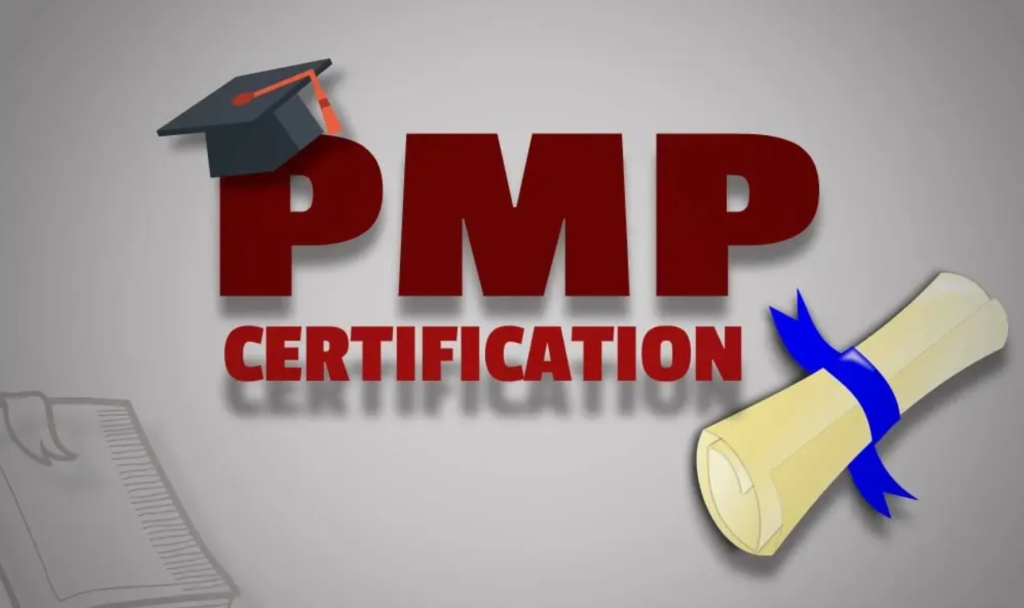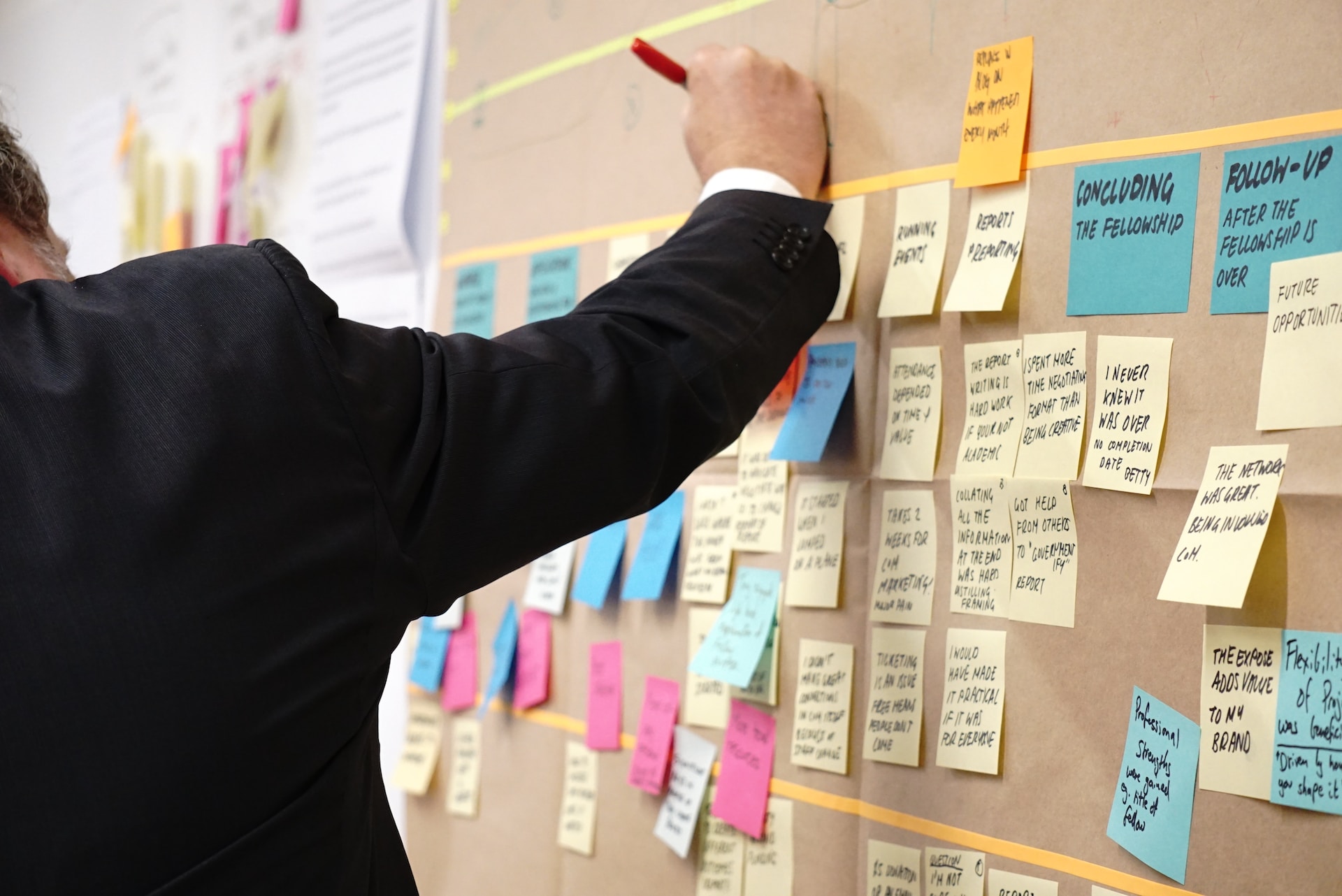A Project Management certification or project management professional certification (PMP) signifies a high level of competency and expertise in the field of project management. PMP-certified project managers are equipped with the knowledge and skills necessary to successfully lead and execute complex projects. Explore the glimpse into a day in the life of a PMP-certified project manager, highlighting their roles, responsibilities, and the challenges they face in their profession. Through this exercise, you will get an idea of whether a PMP certification is the right choice for you.
The Daily Schedule Of A Project Manager

Morning
As the sun rises, PMP-certified project manager begins their day with careful planning and organization. They review their project schedule, milestones, and deliverables, ensuring that everything is on track. They may conduct a quick team meeting to discuss progress, address any concerns, and align the team’s focus for the day. Clear communication is key, and the project manager ensures that everyone understands their roles and responsibilities.
Next, the project manager examines project risks and issues, identifying potential obstacles that may impact project timelines or quality. They work closely with stakeholders to address any emerging challenges promptly, ensuring that mitigation strategies are in place. Collaboration and effective decision-making are essential as they navigate through potential roadblocks and maintain project momentum.
Afternoon
The project manager engages in various project management activities. They participate in meetings with cross-functional teams, clients, or stakeholders to provide project updates, discuss project scope changes, and seek input on critical decisions. Effective communication, negotiation, and conflict resolution skills are crucial as they navigate different perspectives and work toward consensus.
The project manager spends a significant portion of their day monitoring project progress. They review project metrics, analyze data, and assess key performance indicators to gauge project health. They compare actual progress against the planned schedule and budget, identifying any deviations or risks that require immediate attention. This monitoring ensures that projects stay on track and aligned with organizational goals.
The project manager also oversees project documentation, ensuring that project plans, reports, and contracts are up to date. They analyze and consolidate project information, preparing reports for senior management and stakeholders. These reports provide a snapshot of project status, highlighting achievements, challenges, and proposed strategies for improvement.
Evening
As the day winds down, the project manager reflects on the day’s accomplishments and prepares for the next steps. They spend time mentoring and coaching team members, providing guidance and support to enhance their skills and professional growth. They also allocate time for their own professional development, staying updated on industry trends, attending webinars, or pursuing additional certifications or training.
The project manager leverages technology tools to streamline project management processes. They use project management software to track tasks, collaborate with team members, and ensure seamless communication across different project stakeholders. They also stay connected with the project management community through online forums and networks, engaging in knowledge-sharing and staying abreast of best practices.
Throughout the day, the project manager continuously emphasizes the importance of quality assurance. They ensure that project deliverables meet or exceed stakeholders’ expectations, conducting periodic reviews and inspections to maintain the highest level of quality. Attention to detail and a commitment to excellence are embedded in their approach.
What are the Challenges and Rewards for PMP-Certified Project Manager?

Being a PMP-certified project manager comes with its fair share of challenges, including navigating tight deadlines, evolving requirements, and dynamic project environments. Managing diverse teams and stakeholders with varying priorities and expectations requires strong leadership and interpersonal skills. Additionally, adapting to change and managing risks effectively are constant challenges faced by project management courses.
The rewards of being a PMP-certified project manager are significant. They have the opportunity to make a tangible impact on organizations and contribute to the successful delivery of projects. The satisfaction of seeing a project come to fruition, meeting client expectations, and leading a high-performing team is immensely rewarding. PMP-certified project managers who have completed project management courses often enjoy career growth, increased earning potential, and recognition for their expertise and accomplishments.
Stakeholder Management
The project manager dedicates time to engage with stakeholders, including clients, sponsors, and senior management. They address concerns, provide project updates, and seek feedback to ensure alignment with stakeholders’ expectations.
Allocation of Resources
The project manager is responsible for allocating resources in an efficient manner, so ensuring that team members have access to the appropriate tools, equipment, and assistance to carry out their responsibilities. They distribute the work among the available resources, solve any shortages of those resources, and make modifications as necessary to ensure maximum production.
Risk Management
A project manager’s day consists of continually assessing and managing the project’s risks in some fashion or another. They assess possible risks, evaluate the impact those risks will have, and devise ways to respond to or minimize those risks. The chance of risks having a negative impact on the results of the project is reduced because of this proactive strategy.
Management of Change
As a project develops, the project manager is responsible for managing change requests and evaluating the impact such requests will have on the project’s scope, schedule, and budget. They carefully evaluate the change requests, taking into account how well the requests correspond with the project goals and how the changes would affect the project’s stakeholders overall.
Quality Assurance and Control
The project manager always makes sure to have a strong emphasis on quality assurance and control. They make sure that the products of the project correspond to the quality standards that have been established and that they satisfy the expectations of the customers. To guarantee that the results of the project are of high quality, they carry out quality checks, evaluate the outputs of the job, and apply quality assurance procedures.
Resolution of Conflict
During the course of a workday, the project manager could be confronted with disputes or disagreements amongst members of the team or stakeholders. In order to keep a peaceful environment inside the project, they make use of efficient methods for dispute resolution, such as promoting open communication and discovering solutions that are beneficial to all parties.
Continuous Improvement
The project manager should always be on the lookout for new ways to boost productivity and effectiveness in existing processes. They conduct an analysis of the project’s performance indicators, determine areas that may use improvement, and put measures in place to maximize project delivery. Their approach to project management makes continuous improvement a central tenet of the methodology.
Networking in the Professional World PMP-Certified Project Managers are expected to actively engage in networking in the professional world. They communicate with colleagues, take part in webinars, and attend industry events in order to share expertise, keep up with the latest industry trends, and broaden their professional network.
Standardization of Project Management Techniques
The PMP credential encourages the global standardization of project management techniques. It offers a shared structure, vocabulary, and best practices that project managers may use to collaborate successfully across various enterprises and sectors. This standardization encourages uniformity in project management approaches, improves teamwork, and makes it easier to share information.
Conclusion
A day in the life of a PMP-certified project manager is dynamic, demanding, and rewarding. From meticulous planning and communication to monitoring project progress and overcoming challenges, their expertise is vital in ensuring project success. Through effective leadership, communication, and the application of project management principles, PMP-certified project managers drive projects forward, foster collaboration, and deliver valuable outcomes. Their dedication and commitment to excellence shape the landscape of project management, making a lasting impact on organizations and industries as a whole.
































































